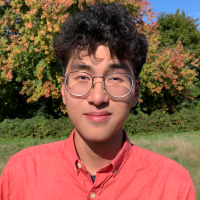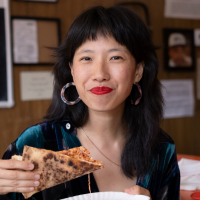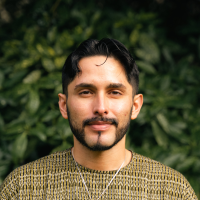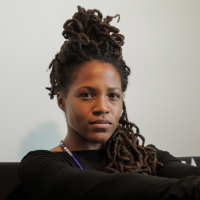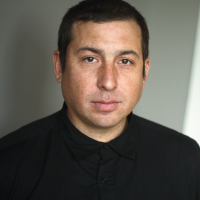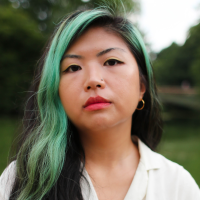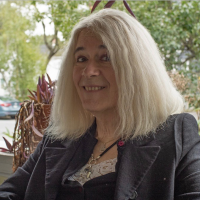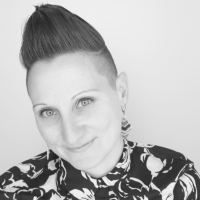Lena Khalaf Tuffaha

Jump to navigation Skip to content
In this online exclusive we ask authors to share books, art, music, writing prompts, films—anything and everything—that has inspired them in their writing. We see this as a place for writers to turn to for ideas that will help feed their creative process.

